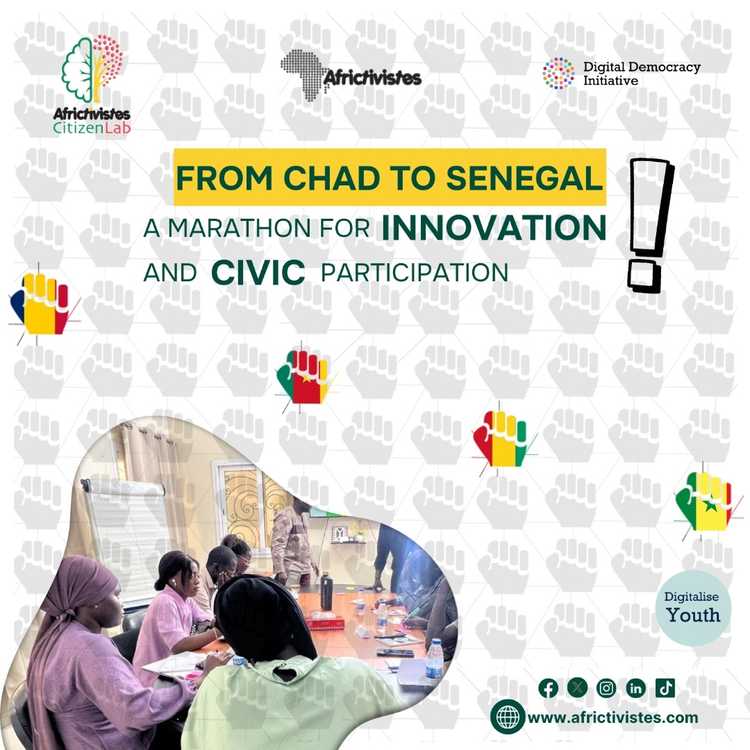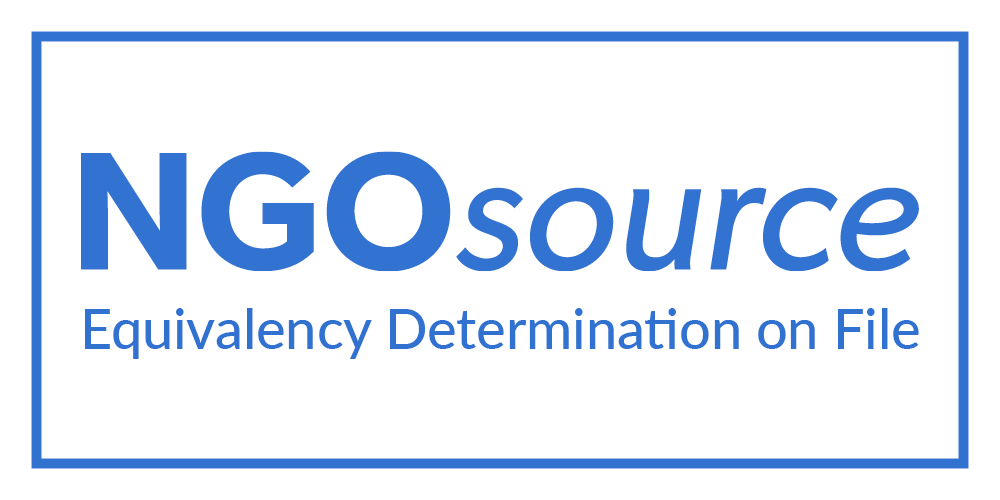FIMI in Senegal: AfricTivistes sounds the alarm with unprecedented report
In a context where disinformation and foreign interference are posing significant threats to the sovereignty and democratic stability of Senegal and several other African states, AfricTivistes held a validation workshop on Tuesday, 5 August for its analytical report on Foreign Information Manipulation and Interference (FIMI). Presented to representatives of civil society, public authorities, regulators, researchers and the media, the report offers an in-depth analysis of vulnerabilities in Senegal’s information landscape, the actors involved, and the observed practices.
The debate on information manipulation and foreign interference is not prevalent in Senegal. However, threats relating to foreign interference through information manipulation (FIMI) are a major concern, posing a growing threat to the sovereignty, democratic stability and social cohesion of States.
Despite its strong democratic tradition and recognition as the most resilient country in West Africa, “Senegal is becoming a target”, according to Aisha Dabo, Programme Coordinator at AfricTivistes. “Senegal remains vulnerable to political polarisation and economic dependence on the media, as well as the intensification of foreign information campaigns during electoral periods. Despite its apparent resilience, Senegal is becoming a target of interest for various foreign powers. Although it occupies first position in West Africa with a resilience score of 60/100 according to the 2023 FIMI Index of the European Union Institute for Security Studies (EUISS), Senegal is not immune to threats of foreign information interference. Its relative democratic stability, combined with geopolitical, historical, and technological vulnerabilities, paradoxically makes it an attractive target for these external actors,” she stated during the report’s presentation.
The study, based on the methodology developed by International IDEA, reveals several vulnerabilities that expose Senegal to risks of information interference. These vulnerabilities are technological, media-related and institutional. “We note a growing dependence on foreign digital infrastructures, economic constraints that weaken the editorial independence of many media outlets, and regulatory frameworks that remain insufficiently adapted to these new threats,” she indicated.
The workshop was attended by representatives from civil society, public authorities, regulators, researchers and the media. Those present included Sébastien Becker from International IDEA; Matar Sall, representative of the National Council for Audiovisual Regulation (CNRA); Arame Gueye Sene, Director of the Social Change Factory; Thierno Niang, a lawyer; Dr Sylla Sow, an analyst of legal frameworks; and Mame Yacine Fall from GIZ.
Habibou Dia, the Director of Communication at the Ministry of Communication, Telecommunications and Digital Technology of Senegal, said that this study comes at the right time, given that Senegal is a “theatre of influence operations”. “This work is pioneering, which is why it is important for us to work alongside you to learn as much as possible,” he stated. Mr Dia praised the report, saying that it lays “the groundwork for profound reflection on foreign media influences in Senegal and international partnerships in a context of strengthened economic and political sovereignty”.
The objective of the workshop was to analyse and document phenomena of manipulation and foreign influence through information in Senegal, and to propose recommendations to combat them. “It’s a process of co-construction. We have been working on this project for several months in order to share it with stakeholders and gather their opinions to help us refine the report and improve our understanding of these phenomena in Senegal,” explained Cheikh Fall, President of AfricTivistes.
Emmanuel Diokh, a digital law expert and one of the researchers who conducted this study, discussed the adopted methodology: “We designed the questionnaire to focus on FIMI in an electoral context. Our approach combined qualitative interviews with key stakeholders and an in-depth documentary analysis to identify the mechanisms influencing information in Senegal. The objective was to provide a comprehensive overview of the phenomena observed during recent electoral events.”
In light of the discussions at this roundtable and the depth of this study, one observation stands out: the issue of information manipulation and foreign interference must be brought to the forefront of public debate in Senegal. These threats have become much more concrete in the current context of exponential evolution in artificial intelligence. The rise of degenerative technologies, such as deepfakes, makes it easier to disseminate misleading, polarising or falsified content on a large scale.
Incorporating this theme into public spaces also requires collective action: researchers, journalists, civil society organisations, public institutions and international partners must work together to predict, record and combat emerging methods of opinion manipulation.
The definitive analytical report on FIMI in Senegal, led by AfricTivistes, will be presented to the general public very soon.

![[Gabon] AfricTivistes Sound the alarm amid Social Media suspension !](/static/1af016eb97c732e871a7c2fe79a60730/9e635/CREA-visuel-rapide-.jpg)
![[SENEGAL] AfricTivistes strongly condemns the brutal repression of students at Cheikh Anta Diop University in Dakar!](/static/29c233858b9d650cc77d87f75d4d2b56/9e635/Ucad-Senegal.jpg)



![[Guinea-Bissau]: Joint Statement from Human Rights Defenders Against the Confiscation of Popular Will !](/static/8552596543d1c00bc73e662f85c0a62f/fce2a/Capture-decran-2025-12-01-a-16.34.43.png)
![[Guinée-Bissau] Joint Declaration – Afrikajom Center and AfricTivistes both firmly condemn the military takeover and warn of the risk of a political crisis !](/static/4d5ad12346b3ef8c55278621c445488b/9e635/Putsch-Guinee-2.jpg)

![[Tanzanie] 🇹🇿 AfricTivistes strongly condemns violent suppression in Tanzania](/static/adf91a1c13cd101f988b6b6971928880/9e635/TZN.jpg)
![[Cameroon] AfricTivistes condemns violent repression, urges govt to uphold rights !](/static/6399a9d8e94e3ae1f681f86178520d96/9e635/WhatsApp-Image-2025-10-27-at-15.32.48.jpg)



![[Madagascar] Generation Z, the driving force of civic awakening!](/static/9072e289fdab44c062096dcfb9499441/9e635/4-2.jpg)






